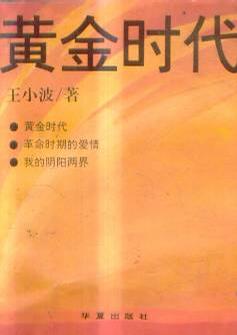Purchase of this book includes free trial access to www.million-books.com where you can read more than a million books for free. This is an OCR edition with typos. Excerpt from book: THE HANDLING OF THE SUPERNATURAL ELEMENT Shakespeare's skill in the handling of the supernatural element in "Julius Caesar" has been much commended. The omens and prodigies are distributed in such a way as best to emphasize the tragic element and they serve to invest the entire play in an atmosphere of portent. For his material he drew largely upon Plutarch, but he also introduces matter apparently indicating a familiarity with Ovid, Vergil, Lucan, and Suetonius. Pescetti makes use of the supernatural element to a far greater extent than do his predecessors. His recital of the omens and the prodigies embraces almost every item which the industry of a Renaissance scholar could cull from the pages of Plutarch, Ovid, Vergil, Lucan, Suetonius, and Appian. With a single exception, all the omens mentioned by Shakespeare and not directly traceable to Plutarch, can be found in Pescetti, whose treatment of the entire supernatural element affords some interesting parallels. Plutarch's account, which furnished Shakespeare the bulk of his material, is as follows: In Pescetti the Priest's recital of the omens consists of some one hundred and three lines. Muretus has Calpurnia's recital to the nurse of the dream wherein she beheld Caesar's bleeding body, and the following: Calp: Audere desine tu prius Tuaeque si adeo spernis uxoris metum Movere vatum oraculis minacibus, Periculosam qui tibi hanc lucem admonent: Si spectra, si te auspicia, si fibrae monent Cavere, et hunc meum timorem comprobant: Quid in paratam pertinax mortem ruis? Caes: Quando timorem ponere aliter non potes, Ne nos tibi queraris omnino nihil Tribuere, mittatur Senatus in hunc diem. Lines 343-52. Hereupon D. Brutus protests to Caesar and the latter yields. Grevin has substantially the same account. For...















































评价“A Probable Italian Source of Shakespeare's”